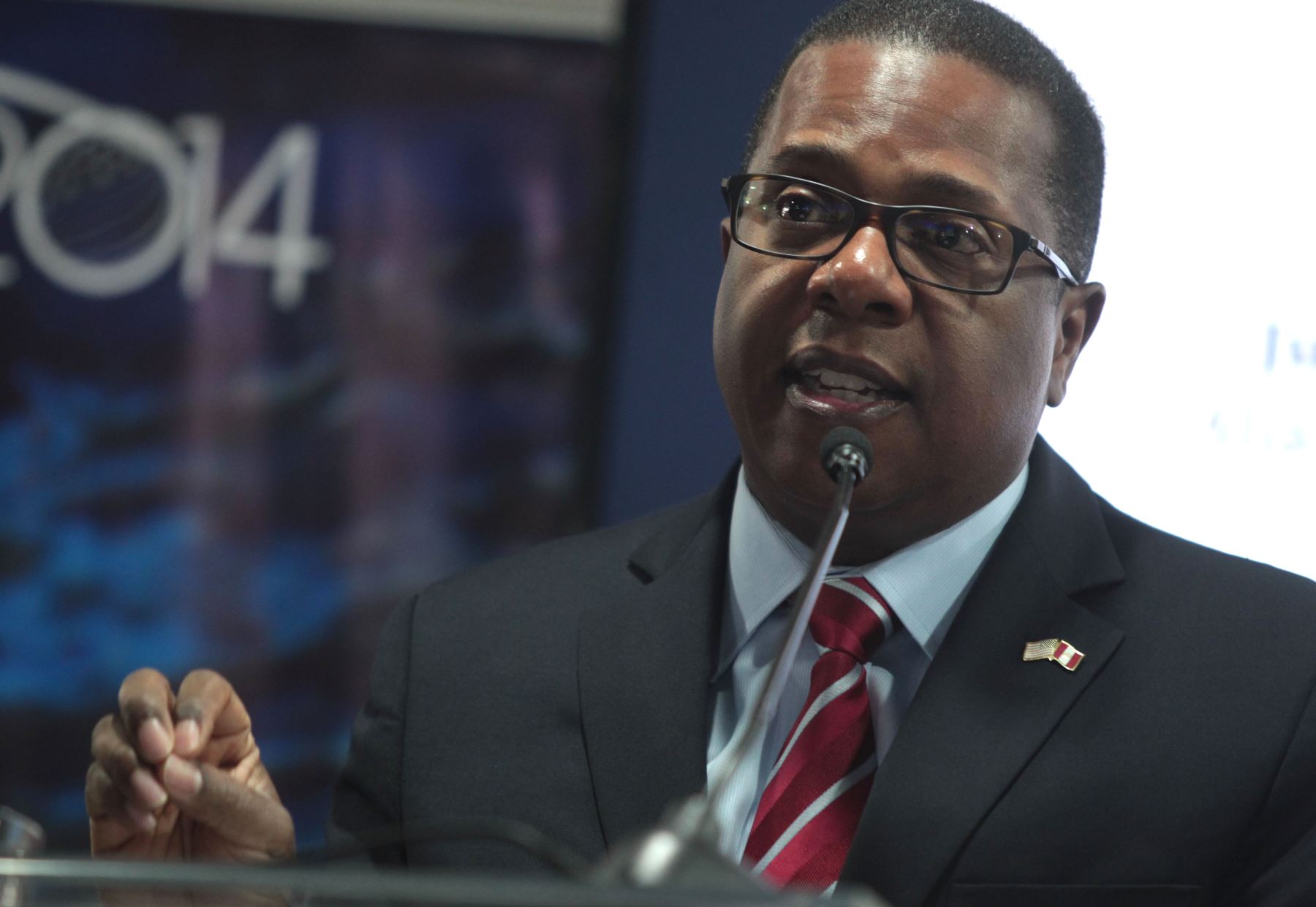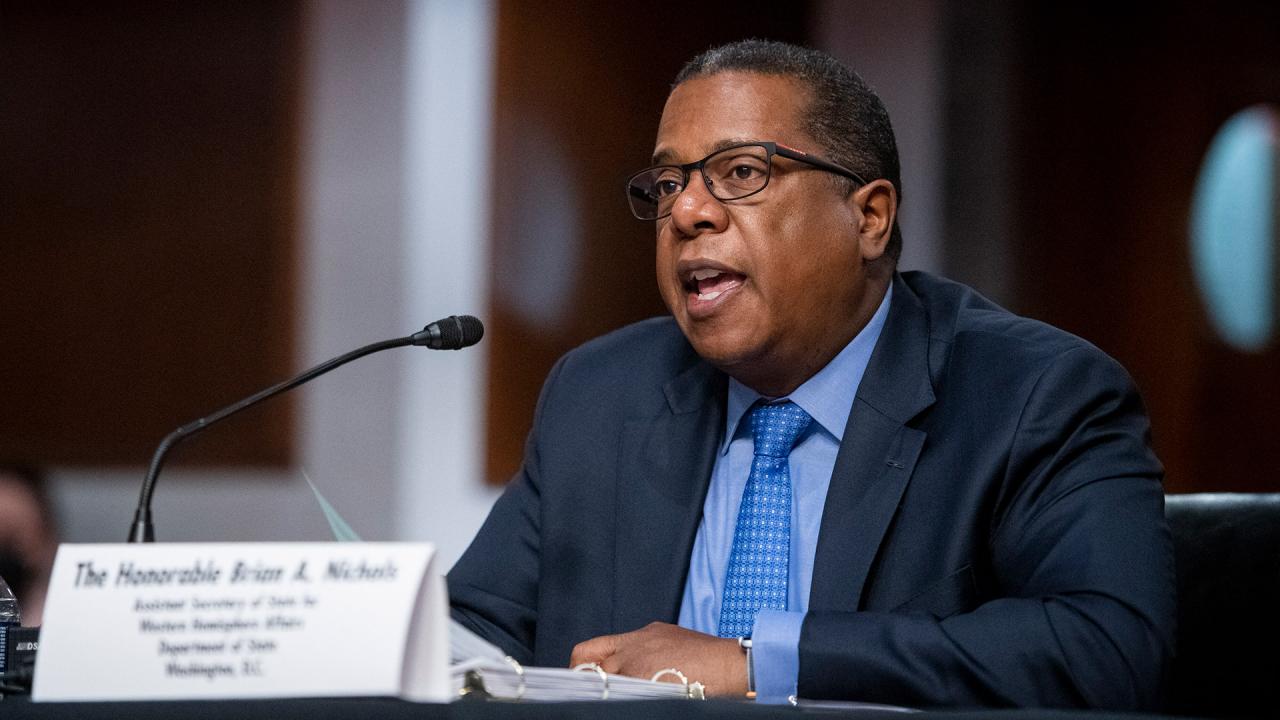Brian Nichols

Brian Nichols is a man whose name became synonymous with tragedy and terror in Atlanta, Georgia, in 2005. His story is a chilling reminder of the potential for violence that can erupt from seemingly ordinary circumstances.
Early Life and Education
Brian Nichols was born in 1973 in Atlanta, Georgia. Details about his early life and education are limited, but he is known to have attended Georgia State University, where he studied criminal justice.
Legal Troubles and the Courthouse Shooting
Nichols’ life took a dark turn in 2005 when he was facing charges of aggravated assault and battery. He was scheduled to appear in court on March 11, 2005, but the day turned into a nightmare. During a hearing, Nichols attacked the judge, his attorney, and a court reporter. He then managed to escape custody, armed with a gun he had smuggled into the courtroom.
Nichols’ escape sparked a manhunt that lasted for several days. During that time, he went on a rampage, killing a sheriff’s deputy, a federal agent, and a woman who was a witness in his case. The shootings shocked the city of Atlanta and sparked a nationwide manhunt.
Aftermath of the Shooting
The manhunt for Brian Nichols ended on March 13, 2005, when he was apprehended in a suburban Atlanta home. The aftermath of the shootings was marked by public outrage and a sense of disbelief that such a tragedy could unfold in a courtroom.
Nichols was eventually found guilty of all charges against him and sentenced to death. His case became a focal point for discussions about courthouse security and the potential for violence within the justice system. The events of March 2005 left an indelible mark on Atlanta and served as a stark reminder of the fragility of public safety.
The Impact of the Brian Nichols Case

The Brian Nichols case, a harrowing incident involving the escape of a murder suspect from a courthouse and the subsequent killing of four people, had a profound impact on the criminal justice system, sparking crucial conversations about security protocols, mental health in prisons, and gun control. The case also ignited public discourse on police brutality and the role of mental health in society, prompting a reevaluation of existing systems and practices.
Changes in Security Protocols
The Brian Nichols case exposed significant vulnerabilities in courthouse security. Following the incident, numerous changes were implemented across the country to enhance security measures, including:
- Increased security personnel: Courts increased the number of security officers, including armed guards, to monitor entrances and exits, and patrol courtrooms.
- Enhanced screening procedures: More stringent security screenings were implemented, including metal detectors, bag searches, and pat-downs, to detect potential weapons or contraband.
- Improved communication systems: Courts improved communication systems between security personnel and law enforcement agencies, enabling faster response times in case of emergencies.
- Implementation of electronic monitoring: Electronic monitoring systems, such as ankle bracelets, were implemented to track the movements of high-risk defendants and prevent escapes.
The Debate Surrounding Mental Health in Prisons
The case brought to light the issue of mental health within the prison system. Brian Nichols’ history of mental health issues raised questions about the adequacy of mental health care provided to inmates. The case highlighted the need for:
- Increased mental health resources: Prisons were urged to increase mental health resources, including access to mental health professionals, medication, and therapeutic programs.
- Early identification and intervention: The need for early identification and intervention for inmates with mental health issues was emphasized, aiming to prevent future incidents of violence.
- Improved training for correctional officers: Correctional officers were encouraged to receive better training in recognizing and managing mental health issues among inmates.
Influence on Public Discourse about Gun Control
The case reignited the debate about gun control in the United States. The use of a firearm in the murders committed by Brian Nichols prompted calls for stricter gun control measures, including:
- Background checks: Advocates for gun control pushed for stricter background checks to prevent individuals with criminal histories or mental health issues from accessing firearms.
- Assault weapon bans: The case led to renewed calls for bans on assault weapons, citing the lethality of such weapons in mass shootings.
- Restrictions on high-capacity magazines: There were calls for restrictions on high-capacity magazines, arguing that they allow for rapid fire and increase the risk of casualties.
Perspectives from Victims, Families, and Legal Professionals
The Brian Nichols case had a profound impact on the victims, their families, and the legal professionals involved. Victims and their families experienced immense trauma, grief, and loss. They shared stories of their experiences, highlighting the need for improved security measures and mental health resources. Legal professionals, including judges, prosecutors, and defense attorneys, reflected on the case, emphasizing the importance of thorough risk assessments, improved communication between law enforcement and mental health professionals, and the need for better mental health services within the criminal justice system.
Brian Nichols: A Legacy of Controversy
/GettyImages-52379950-594c0a6e3df78cae810901b9.jpg)
The Brian Nichols case, a complex tapestry of violence, legal proceedings, and public discourse, continues to ignite heated debates about justice, mental health, and the boundaries of self-defense. While the events of the case are well-documented, the ongoing controversy surrounding Brian Nichols’ guilt and the legal response to his actions remain a source of ongoing debate.
The Debate Surrounding Brian Nichols’ Guilt
The debate surrounding Brian Nichols’ guilt is rooted in the conflicting interpretations of the events leading up to the shootings and the legal consequences he faced. Proponents of Nichols’ guilt point to the evidence presented at his trial, including the fact that he was found guilty of murder and other charges by a jury. They argue that the evidence clearly established his responsibility for the killings, and that the legal process was followed to ensure a fair trial.
Conversely, those who question Nichols’ guilt often cite his mental state and the circumstances surrounding the shootings. They argue that Nichols’ mental health played a significant role in his actions, potentially mitigating his culpability. Furthermore, they highlight the fact that Nichols was a victim of domestic violence, which may have influenced his behavior and actions.
- Evidence presented at trial: This included witness testimonies, physical evidence, and forensic analysis, which ultimately led to the jury’s guilty verdict.
- Mental health and culpability: Advocates for this perspective argue that Nichols’ mental state, including his history of mental illness and the potential effects of his medication, should have been considered more heavily in determining his guilt.
- Domestic violence as a mitigating factor: This argument focuses on the impact of Nichols’ experience as a victim of domestic violence on his actions, suggesting that it may have contributed to his violent outburst.
The Justice System’s Response
The justice system’s response to the Brian Nichols case has also been the subject of intense scrutiny. Critics argue that the system failed to adequately address Nichols’ mental health issues, leading to a lack of appropriate support and potentially contributing to the tragic events. They point to the fact that Nichols had a history of mental illness and was undergoing treatment at the time of the shootings.
Others defend the justice system’s response, highlighting the thoroughness of the investigation and the fairness of the trial. They argue that the system provided Nichols with due process and that the jury’s verdict was based on the evidence presented. They also emphasize that the system is designed to uphold the law and ensure justice for victims.
- Mental health resources and support: Critics argue that the justice system should have provided Nichols with more comprehensive mental health resources and support before the shootings occurred.
- Fairness of the trial and legal process: Supporters of the justice system’s response argue that Nichols received a fair trial and that the legal process was followed according to established procedures.
- Upholding the law and ensuring justice for victims: This perspective emphasizes the importance of upholding the law and ensuring justice for the victims of the crimes committed by Brian Nichols.
Brian Nichols, the visionary behind Chipotle’s success, understands the power of a strong brand and a loyal customer base. His leadership has propelled the company to new heights, and the stock reflects this growth. For a detailed look at Chipotle’s financial performance and future prospects, check out this in-depth analysis of chipotle stock.
Nichols’ commitment to quality ingredients and sustainable practices has resonated with investors and consumers alike, solidifying Chipotle’s position as a leader in the fast-casual dining industry.
Brian Nichols, the mastermind behind the iconic “Frappuccino,” is a figure who embodies the spirit of innovation and consumer-centricity. His journey from Starbucks’ early days to his role as Chief Marketing Officer demonstrates his deep understanding of the brand’s DNA.
It’s no surprise that he has been linked to the ceo of starbucks position, a role that requires a strategic vision to navigate the ever-evolving coffee landscape. Nichols’ legacy at Starbucks is one of creative marketing and a commitment to crafting experiences that resonate with customers.